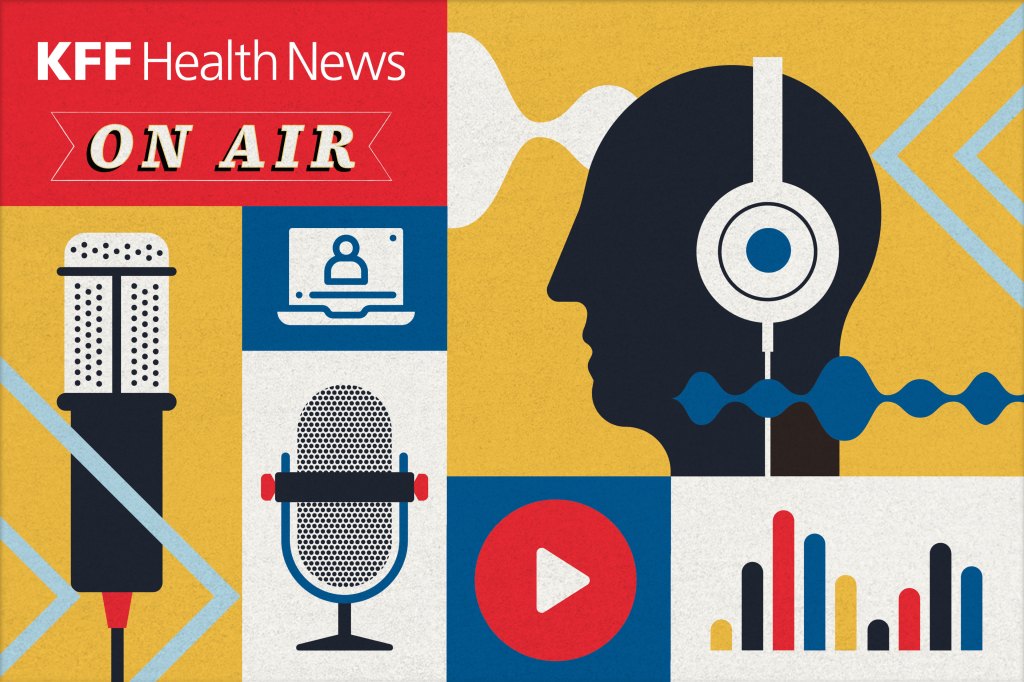HealthDay Reporter
FRIDAY, Sept. 24, 2021 (HealthDay News) — A new DNA sensor can detect viruses and tell if they are infectious or not in minutes, a new study finds.
The sensor was developed by using DNA technology, and does not require the need to pretreat test samples. Researchers demonstrated this technique with the human adenovirus (which causes colds and flu) and the virus that causes COVID-19.
“The infectivity status is very important information that can tell us if patients are contagious or if an environmental disinfection method works,” said researcher Ana Peinetti, who did the work while a postdoctoral researcher at the University of Illinois Urbana-Champaign (UIUC).
“We developed these highly specific DNA molecules, named aptamers, that not only recognize viruses but also can differentiate the infectivity status of the virus,” Peinetti said in a university news release. She now leads a research group at the University of Buenos Aires in Argentina.
Researcher Yi Lu, a professor emeritus of chemistry at UIUC, explained how current measures of viral RNA may not be an accurate indicator of contagiousness.
“With the virus that causes COVID-19, it has been shown that the level of viral RNA has minimal correlation with the virus’s infectivity. In the early stage when a person is infected, the viral RNA is low and difficult to detect, but the person is highly contagious,” he said in the release.
“When a person is recovered and not infectious, the viral RNA level can be very high. Antigen tests follow a similar pattern, though even later than viral RNA. Therefore, viral RNA and antigen tests are both poor in informing whether a virus is infectious or not. It may result in delayed treatment or quarantine, or premature release of those who may still be contagious,” Lu said.
The new sensor method can produce results in 30 minutes to two hours. Because it requires no treatment of the sample, it can be used on viruses that will not grow in the lab.
“We chose human adenovirus to demonstrate our sensor because it is an emerging waterborne viral pathogen of concern in the United States and throughout the world,” said researcher Benito Marinas, a professor of civil and environmental engineering at UIUC.
Continued
“The capability to detect infectious adenovirus in the presence of viruses rendered noninfectious by water disinfectants, and other potentially interfering background substances in wastewaters and contaminated natural waters, provides an unprecedented novel approach. We see potential for such technology to provide more robust protection of environmental and public health,” Marinas said.
The sensing technique could be applied to other viruses, the researchers said, by tweaking the DNA to target different pathogens.
With the ability to distinguish noninfectious from infectious viruses, the researchers hope the sensor could help in understanding the mechanisms of infection.
The report was published Sept. 22 in the journal Science Advances.
More information
The U.S. National Human Genome Research Institute has more on viruses.
SOURCE: University of Illinois Urbana-Champaign, news release, Sept. 22, 2021
Note: This article have been indexed to our site. We do not claim ownership or copyright of any of the content above. To see the article at original source Click Here













